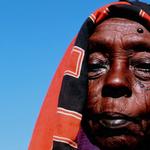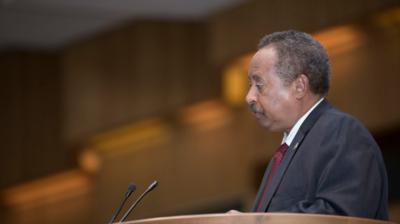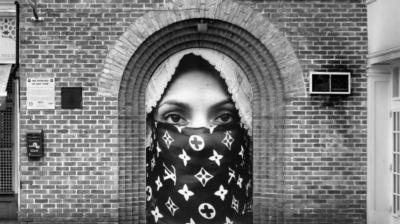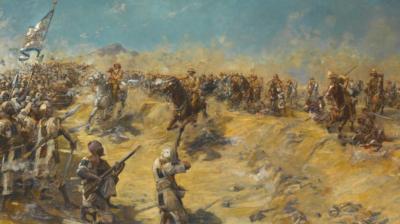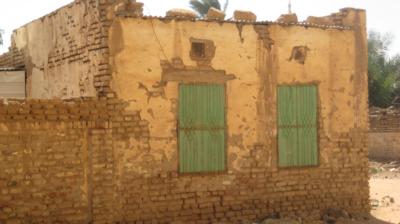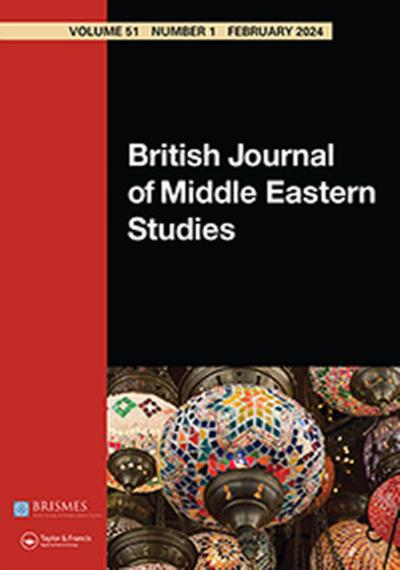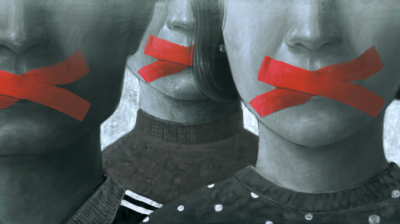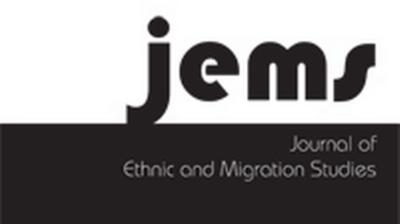The Politics of Women's Representation in Sudan: Debating Women's Rights in Islam from the Elites to the Grassroots
The international discourse on gender and peacebuilding presupposes a common agenda among all women across religion, ethnicity and class in any given post-conflict situation. The literature seems to express the belief that as long as women are included in political decision-making institutions, their representation will ensure that the situation for all women, from the elite to the grassroots, will improve. Women’s political participation is regarded as not only desirable but vital to the advancement of gender equality.
This report explores the validity of this position in the context of women’s representation in Sudan, a multi-religious country with a long history of civil war. The approach of this project is two-fold and multidisciplinary, examining attitudes towards gender equality among Muslim women both at the elite and at the grassroot levels.
The findings from Sudan suggest that Muslim female activists are continuously and bravely putting women’s issues on the agenda, despite authoritarian constraints such as a weak parliament, lack of judicial independence and media censorship. It is however important to note that Sudanese Muslim women’s perception of gender equality is not unitary. Whereas liberal Muslim activists advocate for gender equality in all areas of law, conservative Muslim activists do not deem gender equality neither necessary nor desirable. They all frame their arguments within Islam, offering different interpretations of the Islamic law.
Liv Tønnessen
